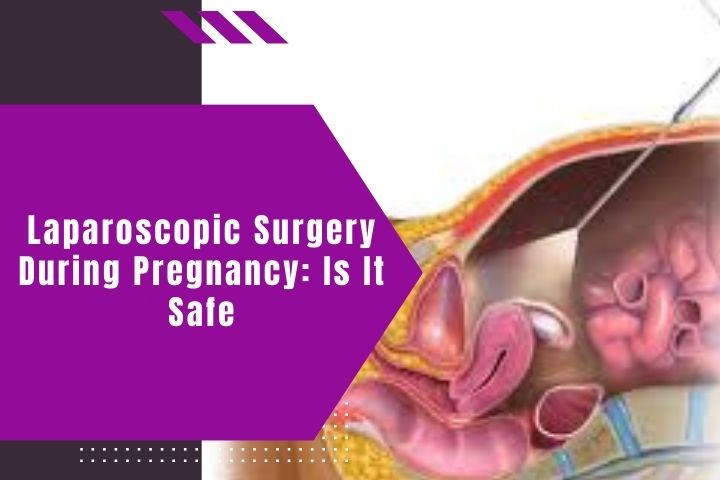
Pregnancy is a delicate phase in every woman’s life, and any surgical intervention during this period raises important questions about safety. Among modern surgical techniques, laparoscopy has gained popularity due to its minimally invasive nature. But when it comes to performing laparoscopic surgery during pregnancy, both patients and doctors approach it with extra caution. This blog explores whether laparoscopic surgery is safe during pregnancy, the conditions that may require it, and what precautions are taken.
Understanding Laparoscopic Surgery
What is Laparoscopy?
Laparoscopy, also known as keyhole surgery, is a minimally invasive procedure performed using a small camera and specialized instruments. Instead of large incisions, the surgeon makes tiny cuts, reducing pain, scarring, and recovery time compared to traditional surgery.
Common Reasons for Surgery During Pregnancy
While most surgeries are postponed until after delivery, some conditions demand immediate attention. Appendicitis, ovarian cysts, gallstones, or ectopic pregnancy are common situations where laparoscopy may be considered during pregnancy.
Is Laparoscopic Surgery Safe During Pregnancy?
Research and Guidelines
According to medical studies and international guidelines, laparoscopic surgery can be safely performed during pregnancy, especially in the second trimester. With proper precautions, the risk to both mother and baby is minimized. Advances in surgical techniques and anesthesia have made it possible to ensure safety in most cases.
Risks and Considerations
As with any surgery, there are risks involved, such as complications from anesthesia, preterm labor, or injury to surrounding organs. However, when performed by an experienced gynecologist or laparoscopic surgeon, these risks are significantly reduced. The decision is usually made after carefully weighing the benefits against the risks.
Precautions Taken by Specialists
Monitoring the Mother and Baby
During laparoscopic surgery in pregnancy, both maternal and fetal monitoring are essential. The medical team ensures that oxygen supply, heart rate, and vital signs remain stable throughout the procedure.
Special Surgical Adjustments
Surgeons use modified techniques such as adjusting the pressure of carbon dioxide gas (used to inflate the abdomen) and altering patient positioning to avoid stress on the uterus. These precautions are critical for ensuring safety during pregnancy.
When to Consider Laparoscopic Surgery in Pregnancy
Emergency Situations
If a pregnant woman develops acute appendicitis, a ruptured ovarian cyst, or another emergency condition, delaying surgery could endanger both her and the baby’s life. In such cases, laparoscopic surgery is often the safest option.
Role of an Experienced Specialist
The expertise of the surgeon plays a vital role in ensuring successful outcomes. A gynecologist with extensive experience in laparoscopic procedures can manage high-risk cases with greater precision and safety.
Conclusion: Laparoscopic surgery during pregnancy is generally safe when performed under the right conditions, by a skilled specialist, and with proper precautions. While not every case requires surgical intervention, emergencies may make it necessary. Dr. Preeti Tandon provides the best services regarding laparoscopic surgery in pregnancy, offering advanced expertise, patient-focused care, and the assurance of safe treatment for both mother and baby.



